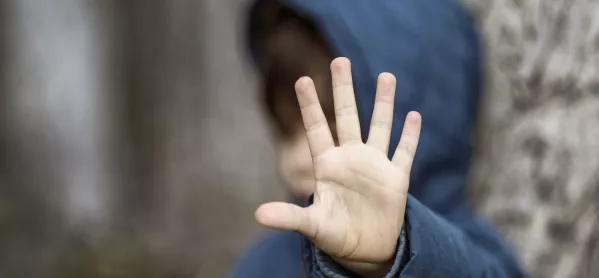Teachers are being urged to step up their efforts to spot signs of sexual abuse amid concerns that children have been at greater risk during the Covid-19 crisis.
The National Society for the Prevention of Cruelty to Children (NSPCC) helped more than 200 children at risk over the lockdown, while Childline saw counselling sessions about child sexual exploitation, grooming and contact with a person who posed an online sexual abuse risk rise by 18 per cent.
But NSPCC frontline workers worry that many more children may have been victims of sexual exploitation, while lacking access to their normal support networks.
Survey: Most teachers ‘fear for pupils’ safety online’
Safeguarding: A quick guide for new designated officers
NSPCC: Teachers ‘need more training’ to combat sexual abuse
Now that children are back in school, teachers are being urged to refer any concerns to the NSPCC.
Spotting signs of child sex abuse
Communities, including schools, parents and professionals, must “work together to spot the signs of abuse, enable children to come forward, and make sure they have access to the right support”, the charity said.
Last month, the DfE announced an £8 million wellbeing for education return programme to support both teacher and pupil mental health. It will pay for local experts to train nominated staff in schools and colleges, and provide advice to school leaders through to March 2021.
But Labour’s shadow education minister, Margaret Greenwood, has said she is concerned that it will “not address the scale of the challenge”.
Janet Abbott, NSPCC Protect and Respect practitioner, said: “Young people will often not recognise themselves as victims of exploitation, due to the nature of grooming. That is why it’s so important that we empower them to recognise unhealthy relationships and perpetrators’ grooming behaviour.
“Maintaining regular sessions with young people throughout the pandemic has been a vital lifeline for some of the children and families our practitioners have been working with, ensuring that they are supported and can talk to someone they trust.
“As Covid-19 continues to impact on our lives, we will continue to adapt how we work on the frontline to help children cope and recover.”




